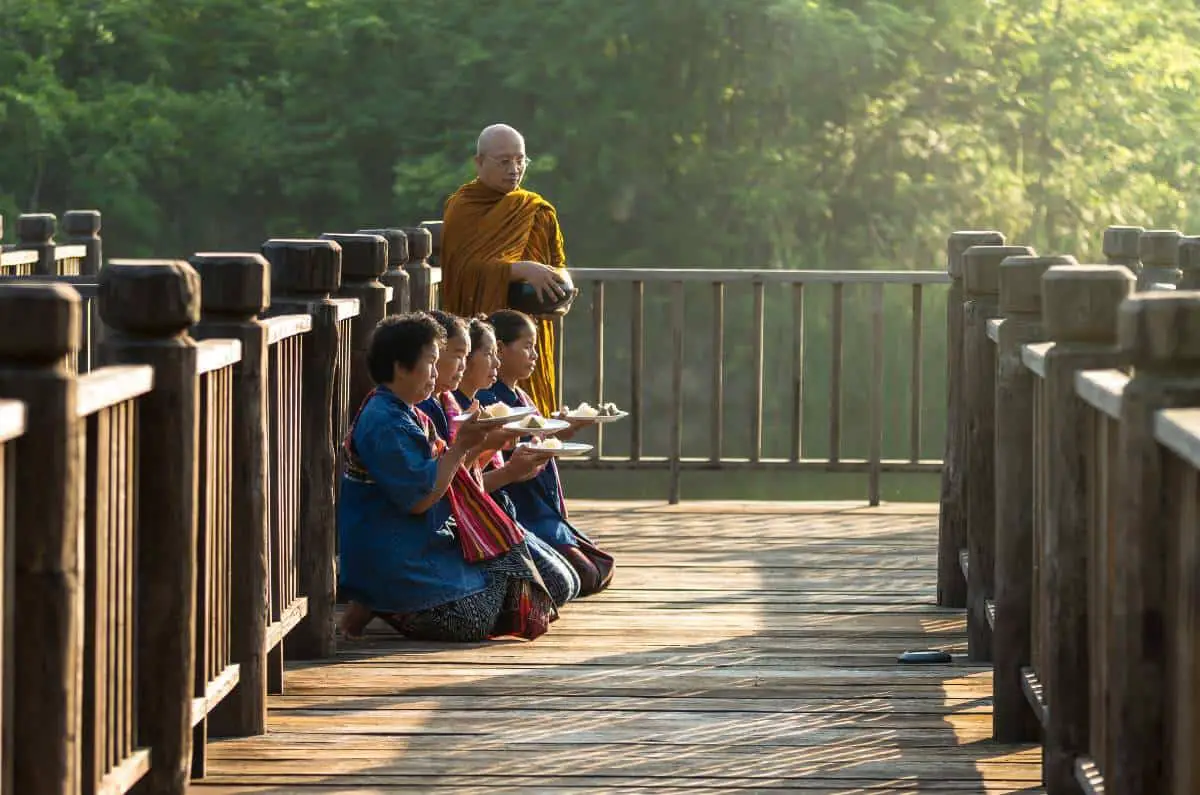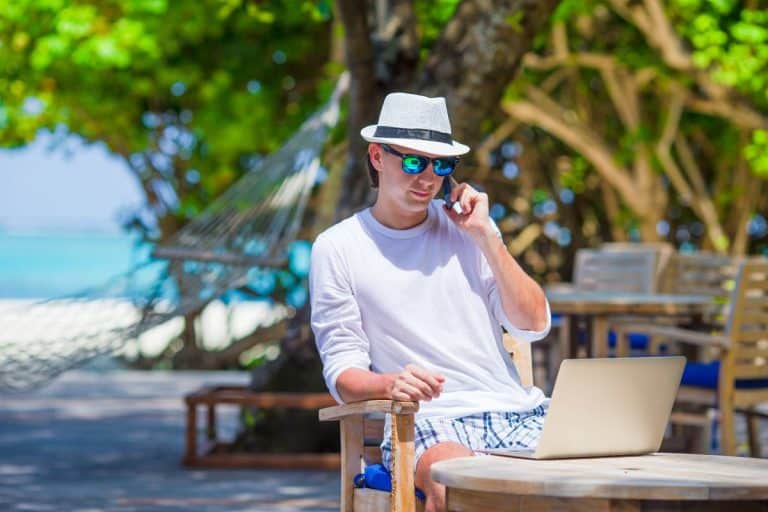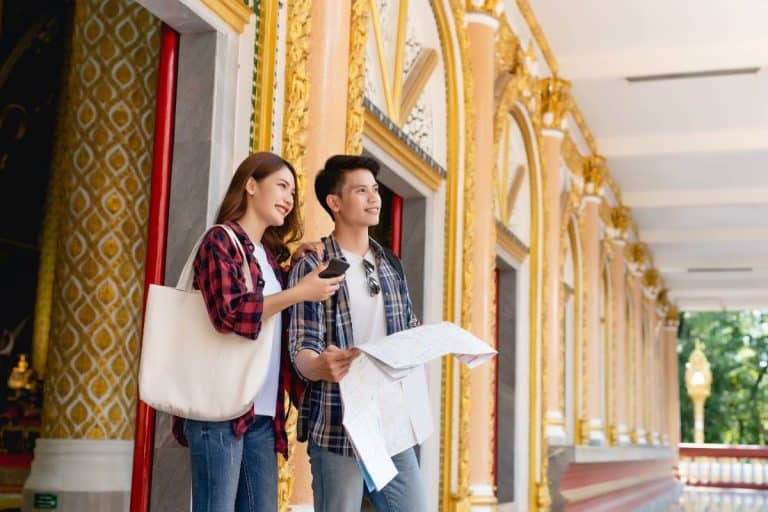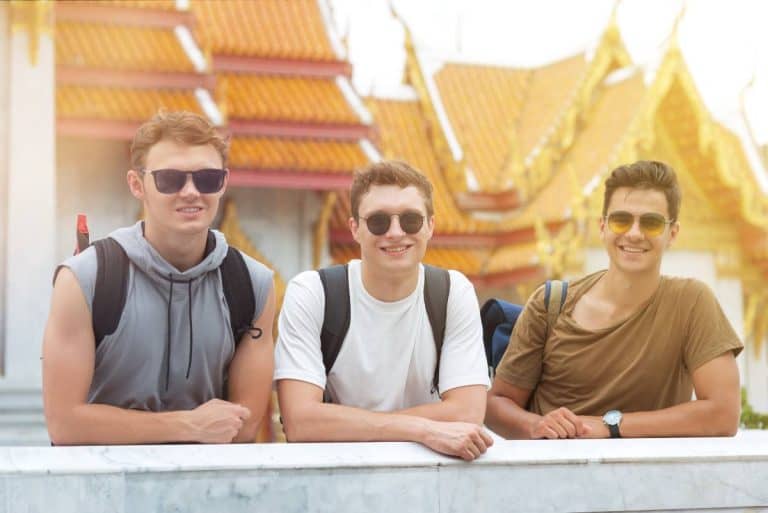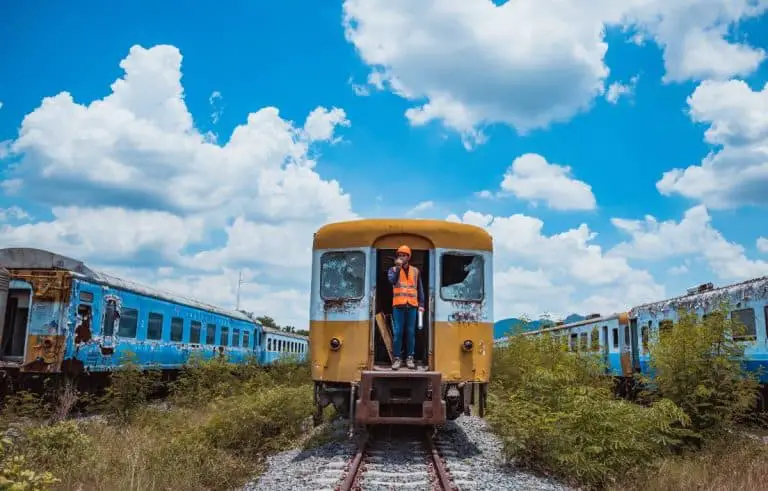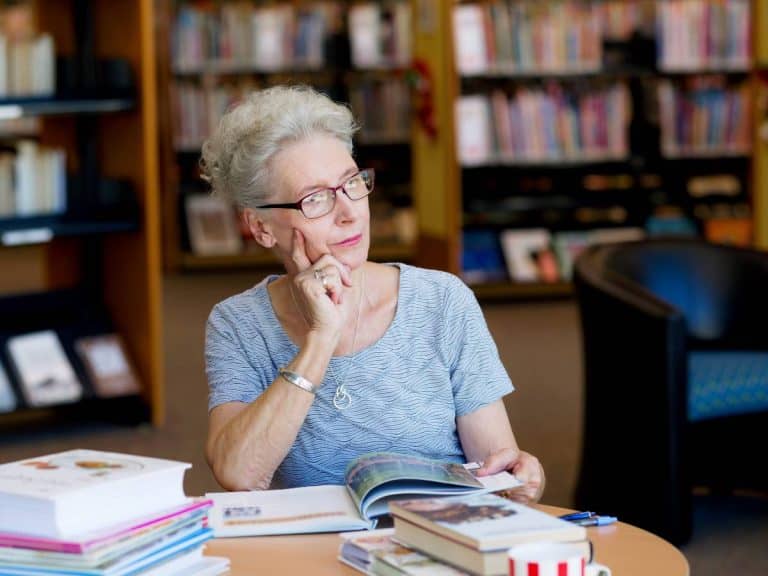A Guide To Buddhism And Retirement In Thailand
Hi, I’m Tom. After spending 35 years in the US before discovering the profound peace of Buddhist retirement in Southeast Asia, specifically in Thailand, I’ve witnessed firsthand how this unique approach to aging can transform your golden years. Today, I’ll share insights about why Thailand’s rising aging population (20.7% in 2022, projected to reach 27.2% by 2030) is finding remarkable success through this kind of retirement plan.
Key Takeaways:
- Buddhist retirement in Thailand offers a unique blend of spiritual growth and successful aging, with studies showing that 60% of adults over 50 experience successful aging
- Thailand’s temple communities provide comprehensive support for retirees, combining traditional wellness practices with modern healthcare
- Buddhist practices significantly contribute to higher life satisfaction among retirees, with research showing a 1.50 times higher success rate in aging among practitioners
Buddhism in Thai Culture
My journey into understanding Thai Buddhism began when I first noticed how seamlessly it integrates into daily life. Unlike the Western countries’ compartmentalized approach to spirituality, Buddhist practices here form the foundation of everything from healthcare to social interactions.
The key aspects I’ve observed are that temple communities also serve as social hubs for expats, locals, and people who are about to retire. I also noticed that their traditional healing practices complement modern medicine, and Thailand’s cultural preservation naturally happens through their daily rituals.
Understanding Buddhist Wellness Philosophy
I’ve witnessed how Buddhist philosophy transforms the aging experience. Recent research strongly supports what I’ve observed – practitioners show remarkable health outcomes: 92.3% report no major illnesses, 87.5% experience lower depression rates, and 91.3% maintain active social engagement.
What makes this possible? The holistic Buddhist approach to aging combines four essential elements: regular meditation for mind-body connection, active community involvement, continuous learning, and consistent physical activity.
I’ve seen these principles work wonders for my retired clients, leading to what studies confirm – Buddhist retirees are 1.50 times more likely to experience successful aging. It’s a beautiful blend of ancient wisdom validated by modern science.
Buddhist-Influenced Retirement Options
| Type of Community | Key Features |
|---|---|
| Temple-Adjacent Communities | • Perfect balance of spiritual access and modern comfort • Proximity to temple activities • Private living space with community access • Blend of traditional and contemporary lifestyle |
| Meditation Retreats | • Ideal for deeper spiritual immersion • Flexible stays from short-term to extended periods • Structured spiritual practice programs • Progressive pathway to Buddhist living |
| Urban Buddhist Centers | • Modern city conveniences • Easy access to healthcare facilities • Active expat communities • Contemporary approach to Buddhist practices |
After exploring these options with hundreds of elderlies, I’ve found that many start with urban centers or short retreats before finding their perfect fit in temple-adjacent communities.
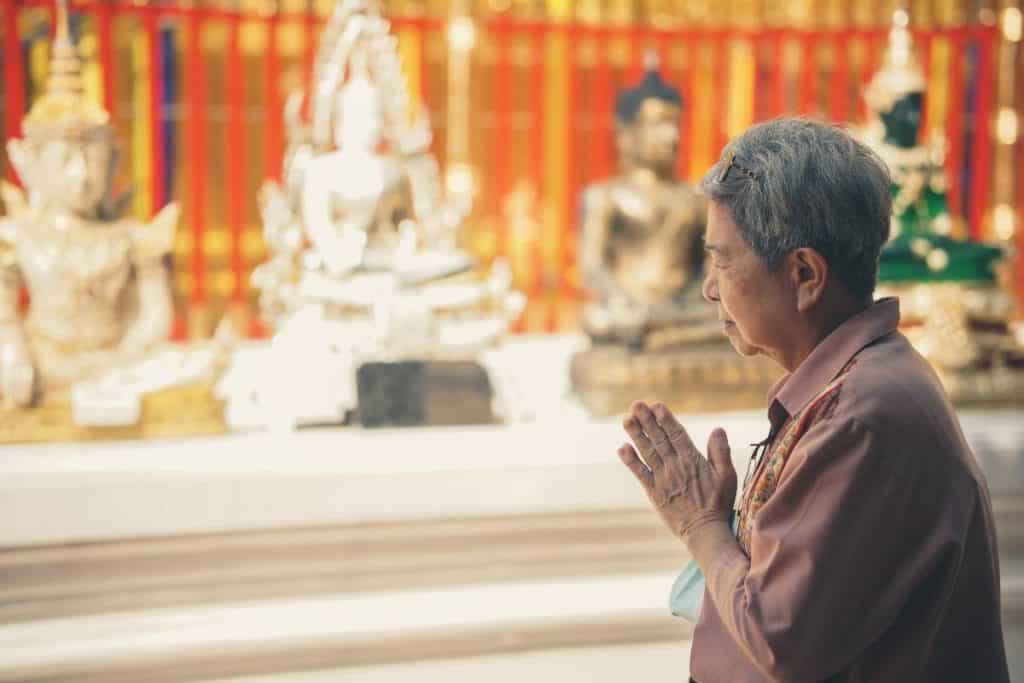
Regional Retirement Destinations
Now, let me share my personal experiences with different regions of Thailand, each offering a unique approach to Buddhist retirement living.
In Northern Thailand, Chiang Mai has become my top recommendation with its 300+ temples and thriving community. The city offers a perfect blend of ancient Buddhist traditions and modern comfort. Surrounded by mountain monasteries and retreat centers, it provides an authentic spiritual experience at a cheaper cost than Bangkok.
Central Thailand, particularly Bangkok, serves those seeking modern Buddhist practice with urban convenience. The capital offers world-class healthcare alongside contemporary Buddhist centers. I’ve found its efficient public transportation and cultural diversity particularly appealing to the aged who want to maintain an active lifestyle while exploring spirituality.
Coastal Areas like Phuket and Hua Hin present what I consider as Thailand’s most serene retirement settings. These regions combine beachside living with spiritual practices, offering meditation centers by the beach and intimate temple communities. It’s where many of my clients have found their perfect balance of relaxation and spiritual growth.
Seasonal Considerations & Buddhist Calendar
Here’s something many don’t consider: Thailand’s Buddhist calendar significantly impacts daily life. I’ve created a simple guide that highlights this:
| Season | Buddhist Activities | Best For |
|---|---|---|
| Cool (Nov-Feb) | Major festivals | Temple visits |
| Hot (Mar-May) | Meditation retreats | Indoor practices |
| Rainy (Jun-Oct) | Monastic retreats | Study programs |
Practical Considerations
After helping countless people to retire in Thailand, I have gathered quite a few essential things to note. For visas, you’ll need to be at least 50 years old for a retirement visa, though there are also special religious visa options available. Keep in mind that you’ll need to report to immigration every 90 days – something I help my clients navigate smoothly in their respective embassies.
When it comes to healthcare, I’ve been consistently impressed by Thailand’s unique integration of Buddhist and modern medicine. You’ll find excellent Buddhist hospitals that combine traditional healing practices with contemporary medical care. Most of my clients enroll in comprehensive wellness programs that include regular health monitoring, perfectly aligning with the Buddhist approach to preventive care.
Here’s a breakdown of typical monthly expenses you can expect when retiring to Thailand:
| Expense Type | Monthly Cost (USD) |
|---|---|
| Temple Donations | $50-100 |
| Housing near temples | $300-800 |
| Healthcare | $100-300 |
These costs can vary depending on your location and lifestyle choices, but they’re generally much lower than what you’d expect to pay in Western countries while offering excellent value for the quality of life you receive.
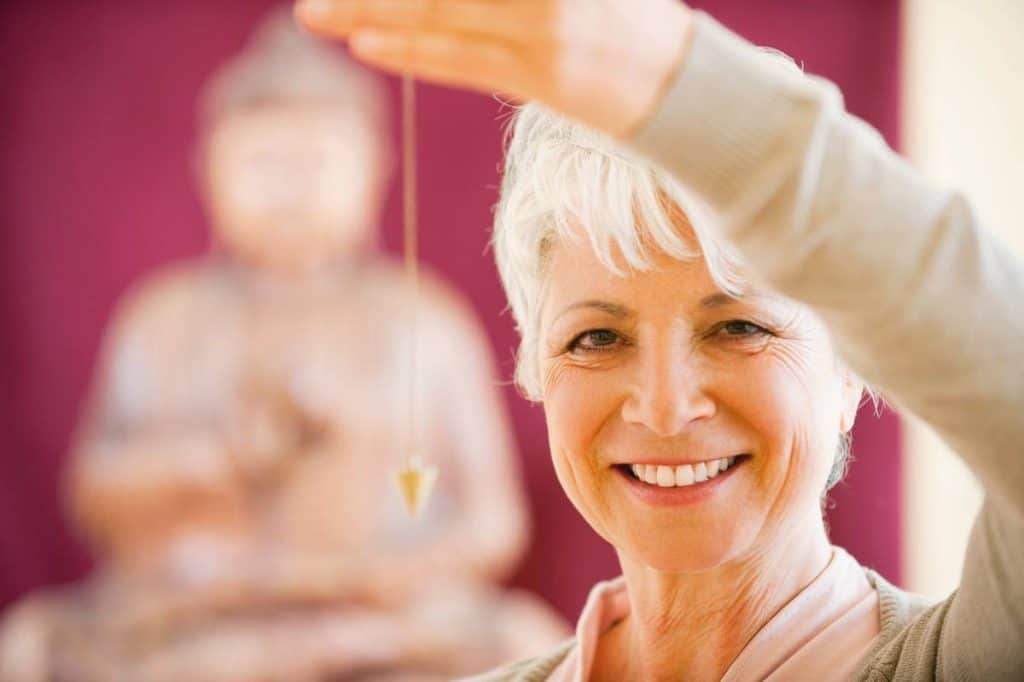
Cultural Integration
I’ve learned that successful Buddhist retirement in Thailand comes down to embracing the local way of life. The most rewarding experiences start with participating in morning alms – a beautiful tradition where locals offer food to monks at dawn.
I always encourage new retirees to learn basic temple etiquette, such as proper dress and greeting customs, which shows respect and opens doors to deeper community connections.
Joining festival celebrations like Songkran (Thai New Year) or Loy Krathong (Festival of Lights) has been, in my experience, the best way to truly become part of the community. These simple practices not only enrich your retirement experience but also help you build meaningful relationships with both locals and fellow ex-pats.
Technology and Modern Buddhist Living
I can assure you that embracing Buddhist retirement in Thailand doesn’t mean disconnecting from the modern world. I’ve been impressed by how Thailand blends traditional practices with contemporary technology.
Many of my clients join online meditation communities that connect them with fellow practitioners worldwide while health-tracking apps help them maintain their wellness routines. The country’s robust internet infrastructure means you can easily take virtual temple tours before visiting in person, or stay connected with family back home.
It’s this harmonious blend of ancient wisdom and modern convenience that makes Thailand’s Buddhist communities particularly appealing to Western retirees seeking spiritual growth without sacrificing technological comfort.
FAQs
How does Buddhism influence retirement living in Thailand?
Buddhism provides a comprehensive framework for healthy aging, combining physical, mental, and social well-being.
What are the typical costs of living for a Buddhist-centered retirement?
Monthly expenses typically range from $800-2000, depending on your lifestyle and location choice.
Can foreigners participate in temple activities?
Absolutely! Temples welcome respectful participation from all backgrounds. Whether you are an expat, a person entering their golden years, or a tourist, all are welcome.
What healthcare options are available near Buddhist communities?
You’ll find a mix of traditional Buddhist healing and modern medical facilities, with many hospitals offering integrated care.
How can I best prepare for a Buddhist retirement in Thailand?
Start with short visits, learn basic Thai, and gradually immerse yourself in the community.
Conclusion
After experiencing my transformation as I retired in Thailand and helping countless others find their path, I can tell you with confidence that this journey is uniquely rewarding. The statistics speak for themselves – with Buddhist practitioners showing 1.50 times higher successful aging rates and 91.3% higher social engagement, Thailand offers an incredible opportunity to redefine your golden years.
Whether you’re drawn to the temple-adjacent communities of Chiang Mai, the modern Buddhist centers of Bangkok, or the peaceful coastal retreats, there’s a perfect spot waiting for you in the Land of Smiles.
Have any questions? Contact us today!
